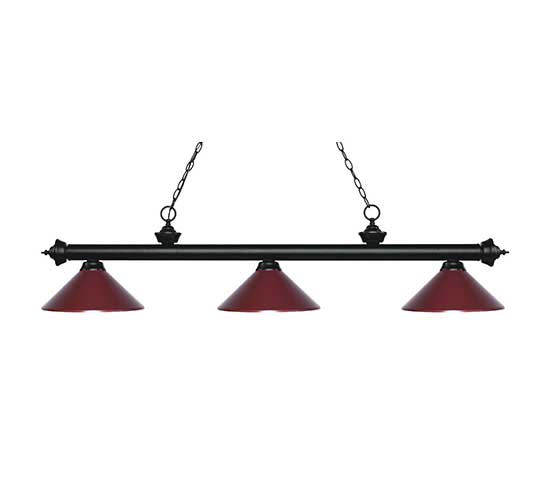
Pool balls are used in billiard games. Although made of many different materials they are often made from phenolic. Phenolic Resin is a mixture formaldehyde-phenol. These two compounds are well known for their durability as well as scratch resistance. This mixture is also resistant against high temperatures. When exposed to the sun, the resin will begin to fade and yellow.
The first pool ball was made from wood. These balls were very durable but could crack over time. Leo Baekeland was a chemist who created a new material that wasn't volatile in the 19thcentury. This new material was quickly called bakelite. It soon replaced wood for the manufacture of pool balls.
It was expensive to create pool balls. It took a long time to develop the balls. One could easily cut the ball in half to see what it contained. Ultimately, the balls had to be molded under high pressures.

After the initial version of bakelite was invented, other inventors began to experiment with chemical compounds to make pool balls. These innovations were some of the most important in the history of synthetic plastics.
While phenolic is a great choice for pool balls it comes at a higher price than its polyester equivalent. The polyester option is a better choice if you don't want to spend a lot on pool balls. However, polyester will not retain its color for as long phenolic resin.
The process of manufacturing a phenolic resin ball is a 23-day process. Every step of the manufacturing process has been thoroughly checked to ensure it is free of any impurities. The phenolic resin balls can also be stored at lower temperatures than the polyester balls. They are also more durable than polyester balls and can be stored for longer periods of times.
Aramith is a leading manufacturer of phenolic resin pools balls. Their phenolic balls are very durable and hold their shine for up to 40 years. They are also much less expensive than polyester balls. If you are looking for a higher-quality set of balls, the Aramith Premier includes superior resin technology.

Another pool ball manufacturer is Iszy, which uses a combination of both phenolic and polyester resin. Although these types of pool balls are cheaper than phenolic balls, they don't maintain their shine for as long. Polyester balls can also fade faster and leave burn marks on the table. However, they are still a great option for beginners.
Predator Arcos is another manufacturer, using a proprietary chemical compound that creates a variety of phenolic-resin balls. These balls can also be through-hardened which makes them more dense. For those who want to spend less, they can choose the Iszy marble swirl set.
Many companies have attempted to duplicate the ivory billiard ball experience. Unfortunately, ivory is no longer readily available. Instead, modern pool balls are manufactured from a mixture of phenolic resin and formaldehyde. The current market has approximately 85% phenolic pool ball.